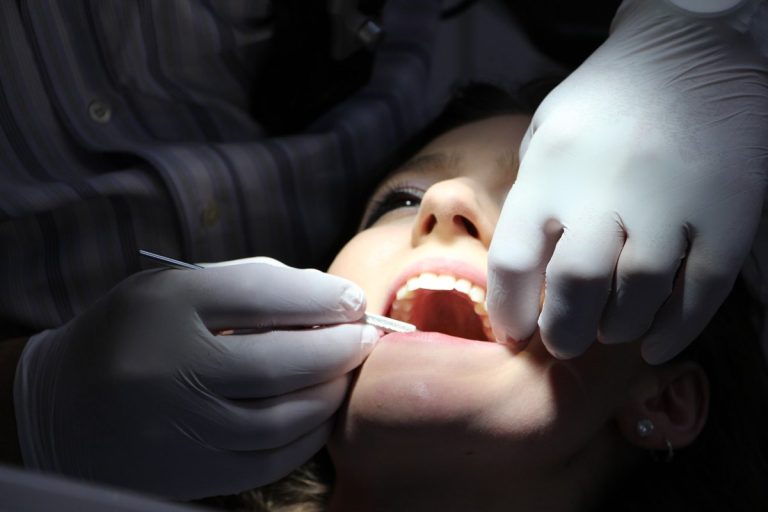April 10 (UPI) — Recurrence of atrial fibrillation in patients who have undergone cardiac catheter ablation can be reduced by treating gingivitis within three months of the procedure, according to new Japanese research released Wednesday.
Hiroshima University Hospital’s two-year study of 288 patients found that gum inflammation was a strong predictor of AFib recurrence after non-surgical removal, with the team postulating a correlation between a reduction in oral inflammation and a reduced likelihood of heart attack recurrence. flap — but they were unable to establish the linking mechanism, the American Heart Association said in a news release.
The research published in Journal of the American Heart Associationone of the first studies to look at how AFib is affected by gum inflammation, calls for AFib patients to be routinely screened for gingivitis and that those with the condition should be referred for treatment by a dentist.
The findings could have major health care implications since AFib, which increases the risk of stroke by 500 percent, is expected to affect more than 12 million Americans by 2030, the association said, while data from the Centers for Disease Control show about half of US adults age 30 and older have some form of periodontal disease or gingivitis, with the incidence increasing with age.
“Gum disease can be modified by dental intervention. Proper management of gingivitis appears to improve the prognosis of AFib, and many people around the world could benefit from it,” said study lead author Dr. Shunsuke Miyauchi, Asst. professor at Hiroshima University. Health Services Center.
Comparing 97 patients who had received both radiofrequency ablation therapy and gingivitis with 191 ablation patients who did not receive gingivitis treatment, the team found that AFib recurred in 24% of patients during a follow-up period of 8.5-24 months, but relapse was 61% lower in the treatment group.
Importantly, about 1 in 4 patients in whom AFib recurred had more severe gum disease than those whose heart flutter did not return, a correlation verified using a standard index used by dentists to measure the severity of gum inflammation .
“While the main findings were in line with their expectations, we were surprised how useful a quantitative indicator of gum disease, known as the periodontal inflammatory surface, or PISA, could be in cardiovascular clinical practice,” said Miyauchi, who emphasized that a multicenter A randomized study was necessary to confirm the results.
Other predictors of AFib included being female, having an irregular heartbeat for more than two years, and left atrial enlargement and associated connective tissue thickening and scarring, Miyauchi explained.
“We are now working on further research to uncover the mechanism behind the relationship between gum disease and AFib,” he said.
The AHA said that while it did not currently include oral health as a risk factor for heart disease, it recognized that it could be an important gauge of the system’s overall health and well-being.
“Bacteria from inflamed teeth and gums can travel through the bloodstream to the rest of the body, including the heart and brain. Chronic gum inflammation can be associated with other systemic health conditions, such as coronary heart disease, stroke and type 2 diabetes”. he said.
The study group included 288 Asian adults, 66% of whom were men, who were being treated for AFib and all had a dental exam before having a catheter ablation for AFib. Catheter ablation is a procedure that uses radio frequency energy to destroy a small area of heart tissue causing fast and irregular heartbeats.
This study was supported by grants-in-aid from the Japan Society for the Promotion of Science Johnson and Johnson Medical Research.

